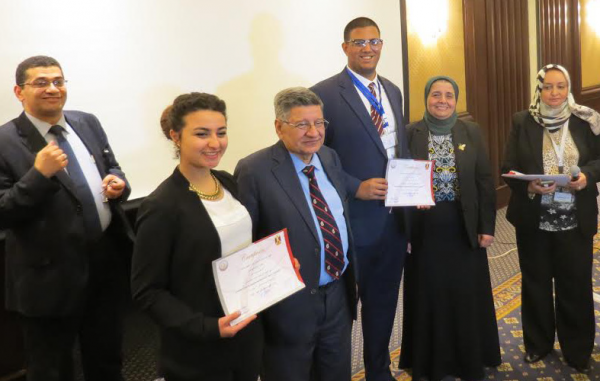Is Our Campus Slowly Disconnecting?
By: Nour Attia
Editor: Mariam El Sayed
AUC has long been known for providing the campus community with unmatchable internet speeds but the service may no longer be at its peak.
Access to stable WIFI is indispensable for everyone at AUC, and therefore investment in this service is critical to the university’s success.
Laila Shoukry, a political science junior, is one of the many students who say they have had difficulty accessing Blackboard and other online utilities.
“The internet is very slow and affects opening material that is essential to my education,” said Shoukry.
Other students who used to go to campus to study and take advantage of the high speeds say that they are now facing connectivity issues, and therefore are resorting to their own networks.
“I keep forgetting there’s even internet on campus because of how it keeps disconnecting from my phone and I have to reconnect every now and then,” said Integrated Marketing Communications junior Elham Hany.
In the meantime, Hussein Moataz, a production officer at the Kamal Adham Center for Television and Digital Journalism who has been at AUC for nine years, can’t recall when connectivity was “this bad”.
“From 2013 to 2014, we felt that the internet on campus was remarkable because the internet infrastructure in Egypt hadn’t reached its peak yet,” explained Moataz.
With access proving to be more challenging on campus, one recommended alternative to better internet could be cabled networks, but this requires certain software to be installed and is a very hectic process, which is why it may not be a very efficient option, he says.
“Wifi is much slower than cabled networks. Cabled networks provide the best and maximum speed; they give you access to things only accomplished using a cabled network,” said Moataz.
Even though the number of students hasn’t grown remarkably over the years, the increase in video-based applications has affected the nature of internet usage.
“The increase in bandwidth is enough to absorb all that evolution and the fix could be as simple as installing new access points, says Iman Megahed, Associate Vice-President for Digital Transformation, and Chief Strategy and Knowledge Officer.
Since AUC upgraded its complete Wifi structure to Hewlett Packard (HP), according to Megahed, a fixed review has been conducted to identify blind spots and areas of increased demand.
“Examples of increase in Wifi access points in academic buildings include, but are not limited to 57% in SSE; 50% in HUSS; 49% in PVA; 34% in BEC, and 33% in the Library,” said Megahed.
Some computers are logged in to Wifi using guest accounts, which comes with limited internet capacity; this is why students must be aware of the account they are using and report any internet deficiencies for trouble-shooting, Megahed went on to explain.
“Student feedback is important in addressing these issues promptly to ensure that all community members can enjoy the full spectrum of Wifi services available,” she added.
In the meantime, she points out that the network bandwidth has increased three times since 2019 – by 65% in 2019, 29% in 2020, and 32% in 2022, to reach a bandwidth of 4050 MB in 2022 from 1550 MB in 2019.
“We also operate three concurrent internet service providers for maximum coverage and redundancy,” says Megahed.
AUC is also planning a vast project to upgrade its legacy wired network soon, which will reshape the whole connectivity infrastructure.
“While this may not impact community members as directly as Wifi and bandwidth, it is the underlying infrastructure that supports all other digitization efforts and without which we would also be limited in our capacity to expand and deliver,” said Megahed.




